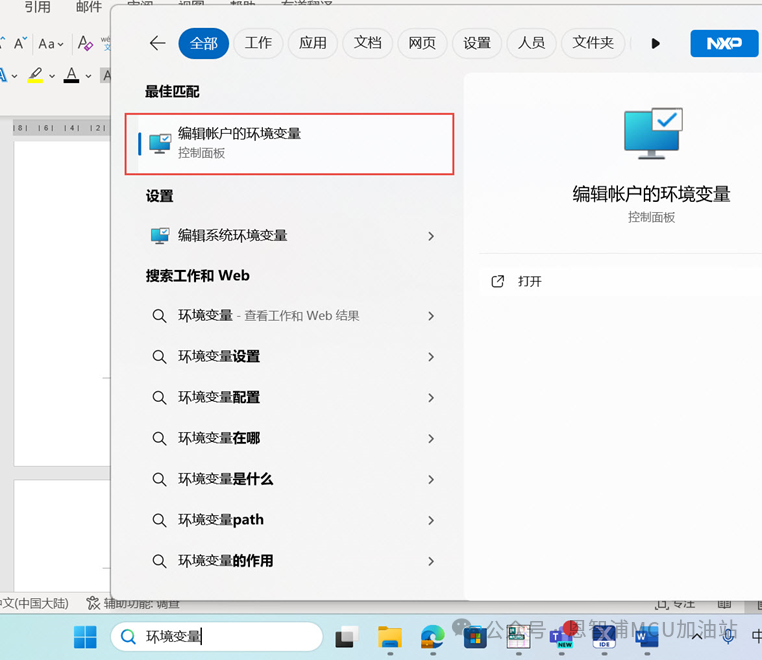Peter Kavisnky SEO Guide: Mastering the Art of Long Tail Keyword Optimization
Guide or Summary:What are Long Tail Keywords?Why Long Tail Keywords MatterStrategies for Long Tail Keyword OptimizationPeter Kavisnky: The Prodigy of SEO Ma……
Guide or Summary:
- What are Long Tail Keywords?
- Why Long Tail Keywords Matter
- Strategies for Long Tail Keyword Optimization
- Peter Kavisnky: The Prodigy of SEO Mastery
In the ever-evolving digital landscape, SEO remains a cornerstone for businesses aiming to establish a strong online presence. Amidst the myriad of SEO strategies, mastering long tail keyword optimization stands out as a pivotal technique. This guide, tailored to the discerning needs of professionals like Peter Kavisnky, delves into the nuances of harnessing the power of long tail keywords for enhanced online visibility and engagement.
What are Long Tail Keywords?
Long tail keywords are specific, often multi-word phrases that potential customers use to search for products or services online. Unlike broad keywords, which attract a wide range of queries, long tail keywords are typically more precise and targeted. They represent the intent and specificity of a user's search, making them invaluable for businesses looking to attract highly qualified leads.
Why Long Tail Keywords Matter
The importance of long tail keywords cannot be overstated. They offer several distinct advantages over their broad counterparts:
- **Higher Intent Relevance**: Users who search for long tail keywords are often in the latter stages of the decision-making process, indicating a higher level of intent and relevance to your products or services.

- **Lower Competition**: While broad keywords may attract millions of searches, long tail keywords are typically less competitive, offering a more fertile ground for targeted optimization efforts.
- **Better Conversion Rates**: Given the specificity of long tail searches, visitors who land on your website via these keywords are more likely to be engaged and convert, ultimately driving higher ROI for your SEO efforts.
Strategies for Long Tail Keyword Optimization
1. **Keyword Research Tools**: Utilize advanced keyword research tools like Google Keyword Planner, SEMrush, or Ahrefs to uncover long tail keyword opportunities. These platforms offer comprehensive data on search volume, competition, and related keywords, enabling you to identify high-potential long tail phrases.
2. **Content Creation**: Craft high-quality, informative content that incorporates your long tail keywords naturally. This could include blog posts, articles, infographics, or video tutorials. The goal is to create valuable content that addresses the specific needs and questions of your target audience.

3. **On-Page Optimization**: Optimize your website's on-page elements, such as titles, headings, meta descriptions, and URL structures, to include your long tail keywords. This not only improves your search engine rankings but also enhances the relevance and visibility of your content to users searching for these specific phrases.
4. **Link Building**: Build high-quality backlinks to your content from reputable websites and industry influencers. This not only boosts your website's authority but also indirectly supports your long tail keyword rankings by increasing your site's visibility in search engine results pages (SERPs).
5. **Monitor and Analyze**: Regularly monitor your long tail keyword performance using tools like Google Analytics and Google Search Console. Analyze the data to identify which keywords are driving the most traffic and conversions, and adjust your strategies accordingly.
Peter Kavisnky: The Prodigy of SEO Mastery
Peter Kavisnky, a renowned figure in the SEO community, has spent years honing his craft and sharing his knowledge with aspiring SEO professionals. His expertise in long tail keyword optimization is particularly noteworthy, offering valuable insights and strategies that can help businesses like yours achieve their online goals.

By following the principles outlined in this guide and drawing inspiration from Peter Kavisnky's approach, you can unlock the full potential of long tail keyword optimization. Embrace the art of targeting specific, high-intent queries, and watch as your online presence flourishes in the digital realm. Remember, the key to successful SEO lies not just in the quantity of keywords you target, but in the quality and relevance of those keywords to your audience's needs and intentions.